
views
“The workplace of today is being managed by using the models of the traditional and agrarian industries,” says Dr Tanvi Gautam, an international HR consultant, based in Singapore. “You went to the field when the sun rose and returned when the sun set. Being on the field was the only way work got done. But now we are living in a knowledge economy, where my sunset is somebody’s sunrise.”
Tanvi says the model of 9 to 5 has broken down. “But the way we are managing people it is as though we are working in the fields,” she says. “We expect somebody to show up at 9 a.m., even though they might have a conference call with a client at 11 p.m. If the work is happening, 24 x 7, then evaluating somebody according to the 9 to 5 clock does not help.”
While work has changed, the way we think, manage and evaluate performance has not changed. “We still think that people who work late in office, who are putting in long hours, are more committed than those who work from home.”
But research has shown that some of the virtual workers are more committed and engaged, because they realise that if they want to prove how good they are, they have to work extra hard.
“The reason is they are not seen in the way people in office are,” says Tanvi. But managers have not developed the expertise to monitor the work of people who are in virtual space. “They have no idea of what real output looks like,” says Tanvi. “So managers are still paying for the TIME, and not the VALUE of the worker.”
The HR consultant is a proponent of high-engagement work places. “This means you are in a job where you get up and don’t dread that it is a Monday morning,” she says. “You love your work and have the opportunity to be yourself. Most of all, you are highly engaged in what you are doing, because it has some meaning for you.”
One such company is Facebook. “It has a wonderful work culture,” says Tanvi. “It is not a company with 40,000 employees. In fact, they have less than 3000 but the employees are passionate about what they do. One of the rules they have in HR is that when an employee asks for something, they never throw the rule book at them.”
Also, certain companies, like Apple, have a specific work culture. “For someone who is uncomfortable with speaking up and brainstorming, and who feels offended if his ideas are rejected, that kind of person will never survive in Apple,” says Tanvi.
But Facebook and Apple are the exceptions. In most companies, there is a lack of an environment that generates passion and commitment.
“In fact, disengagement has become a major problem in the workplace,” says Tanvi. “People are showing up, but not doing any worthwhile work. A CEO was asked how many people work for him, and he replied, ‘About 50 per cent.’”
Tanvi had come to Kochi to address the annual conference of the National Institute of Personnel Management. She also gave a talk to the Women’s Forum, of the Kerala Management Association, on the subject, ‘Your Network is your Net Worth: Some Strategies for Success’.
At the Forum, she focused on the careers of women. “They do not promote themselves at the work place,” she says. “For example: when a woman is present at a meeting, she might have an interesting idea, but will not speak up. She does not want to look foolish or come across as aggressive. But a male colleague will come out with a similar idea and everybody will applaud him.”
Women believe that if they do sincere and hard work, they will be recognised and rewarded. “But that does not happen,” says Tanvi. “You have to make sure that the people who are taking decisions are in the know of what you are doing. You have to be seen as leadership material. You need a network, as well as mentors, who will guide you. These are things you have to work on, over and above the work you are doing.”
Audience member Dr. Lalitha Mathew says, “I especially liked Tanvi’s concept of mentoring. She said that one should not depend on one person. Instead, there should be different mentors for different needs, like financial, emotional, and in one’s career. Overall, she was an impressive speaker.”











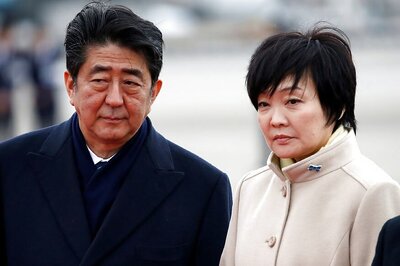

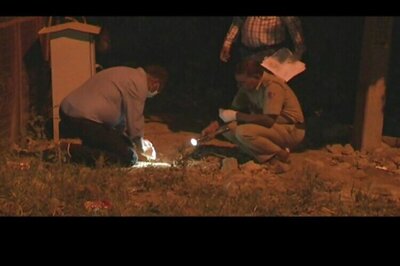
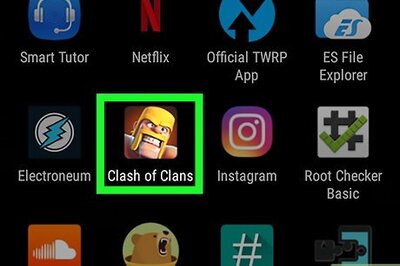
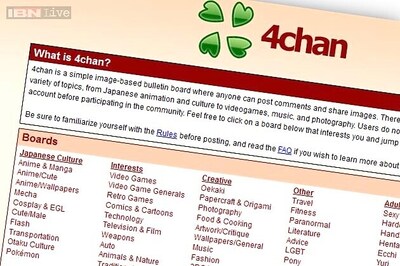

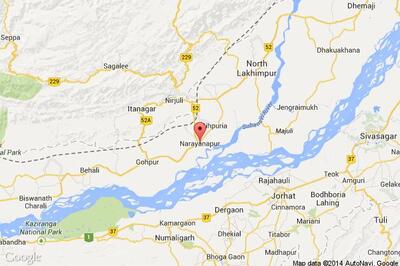
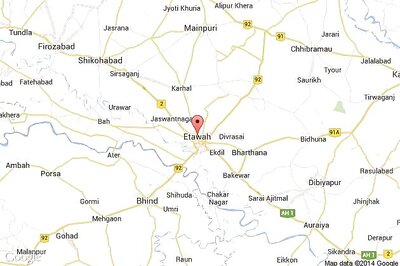

Comments
0 comment